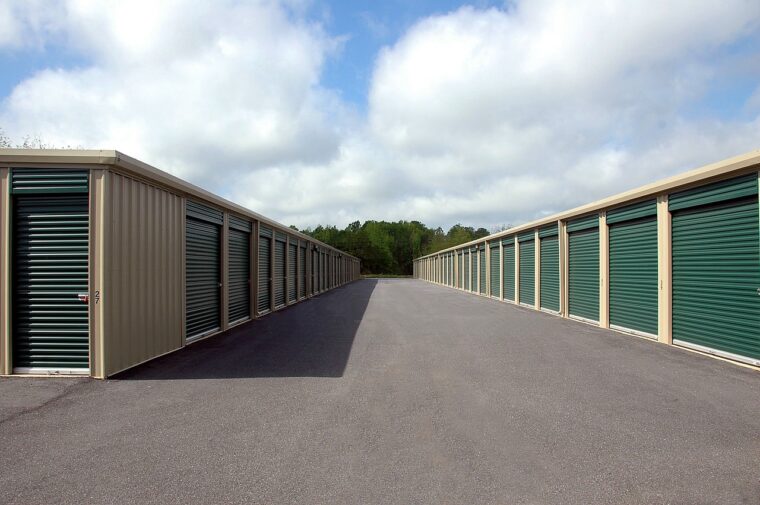| commercial loan for storage units Posted by: wendy Mar 6 2004, 11:23 PM I am interested in buying 4.79 acres with 100 storage units on it, house, office and shop. It is $900,000 dollars. I would trade my current commercial property- equity about $250,000 as a down payment. What would a bank need to fund the remaining amount owed or if they would. How long can a commercial loan amortize. The income from this business is about $10,000 a month with lots of potential with the property on a major hiway. Will a bank loan money if the property is over-priced? Thanks Posted by: loanuniverse Mar 7 2004, 12:06 AM Wendy: One of the first things that experienced real estate underwriters tell you when they talk about how to do commercial real estate loans is that certain type of properties are not “desirable” credits. Unfortunately, one of those are “storage units” facilities. The reason is that while real estate is usually finite in supply, and you have some warning before more inventory is put in the market, storage units can be up in a matter of weeks. I just thought I mention that since a few banks do not like to lend on these properties. The most likely way that this would be looked at would be as a straight income producing property loan. The problem that I see is that you mentioned ” The income from this business is about $10,000 a month” instead of saying the income from this property is $10,000 a month. When you throw in the word business, I immediately think of high levels of operating expenses. Loans are repaid with cash flow not with revenue. In the case of rental property, you need to have enough Net Operating Income. This means that the bank will need to see the financial information on the business for three years so that they can determine if there is enough cash flow to cover the proposed debt service. Commercial loans can be amortized up to twenty-five years, but twenty is more of the norm. {let me rephrase that, commercial loans can be amortized over a long time even more than 30 years, but the distribution is concentrated around twenty years } The bank will lend money based in loan-to-value guidelines, but the value will be that shown in an independent appraisal. Let’s say that this bank has a maximum ltv for these type of properties of 80% and the appraisal comes in at $700,000. The bank will only lend up to $560,000 on the property. The bank will lend even if you are paying more than the property is worth, but its exposure will be limited by the appraised value. Also take into account that any other money that is borrowed to cover a shortfall {from a 2nd mortgage lender} will need to be repaid from the same cash flow. Hope this helps |
